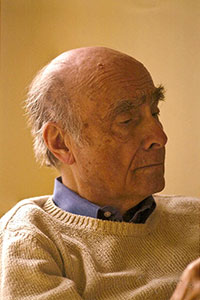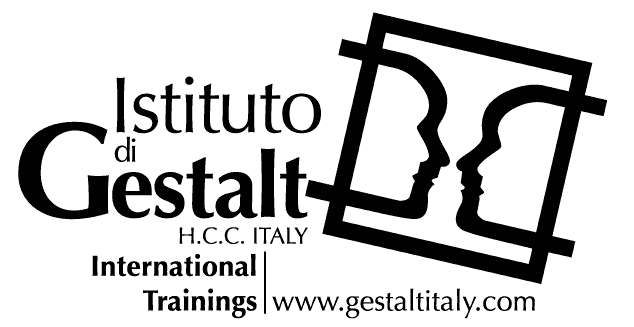
Erving Polster received his Ph.D. degree from Western Reserve University in 1950. In 1953, he became a student of the principles and procedures of gestalt therapy and in 1956 began to conduct workshops in the method. In 1958, he became first faculty Chairman of the Gestalt Institute of Cleveland and remained in that position until 1973, when he and his wife, Miriam, moved to San Diego. There they formed the Gestalt Training Center-San Diego, where for 25 years they taught gestalt therapy. People came to San Diego from all over the world to attend their training programs. He has traveled internationally since 1968, giving lectures and workshops and presenting at conferences. One of his unique offerings is to demonstrate the principles and procedures through live therapy sessions in front of professional audiences.
Polster is co-author, with Miriam Polster, of a widely read text in gestalt therapy, Gestalt Therapy Integrated, published in 1973. In it they provide an integration of the wide-ranging innovations of gestalt therapy, transforming a technically advanced set of therapeutic procedures into a more humanistic appreciation of how people may improve relationship, expand awareness and be helped to experiment with new behaviors.
He also has written Every Person’s Life Is Worth a Novel, spelling out the kinship between the novelist and the psychotherapist. One of the book’s perspectives is that the stories created by novelists are extracted from a background of ordinary humanity. This source of storyline and revelation has much in common with the personal background, from which therapists evoke stories from their patients. By the evocation of these stories, people are led to rediscover the importance of neglected events and overlooked characteristics, restoring self-value. In a sense, they already have what they are seeking; but they don’t know it.
His next book was A Population of Selves, published in 1995, in which he explores the means for establishing personal identity. His portrayal of a variety of selves provides a base for people to experience their internal range of characteristics while joining these characteristics together to feel a dependable identity.
Another book, From the Radical Center, is an anthology that traces the evolution of ideas that he and Miriam Polster have presented over a 45-year period in their lectures, workshops, journal articles and anthology pieces. In 2006, he authored Uncommon Ground: Harmonizing Psychotherapy and Community, transposing the medical model of office therapy into large group formats. The book envisionsthe creation of lifetime assemblages of people, guided by designed exercises targeted to enhance attention to the common aspects of how people may best live their lives.
